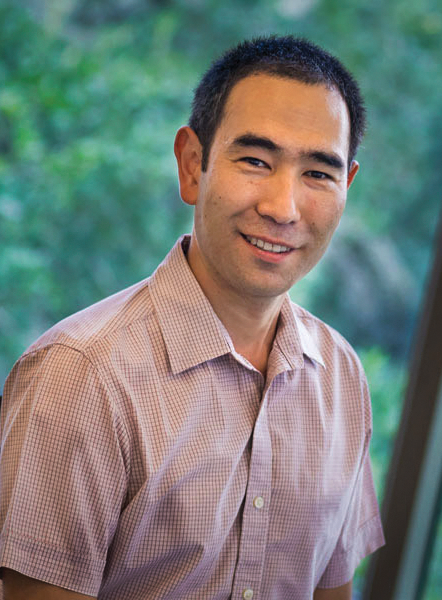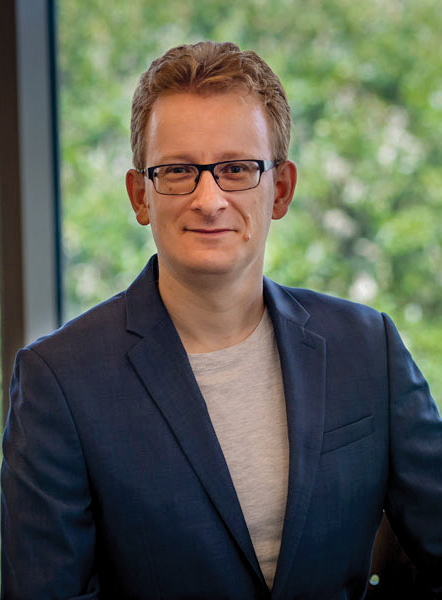Tulane University’s School of Science and Engineering has been awarded a $1 million grant from the W. M. Keck Foundation to do what no physicist has ever done before: see through opaque matter using superoscillations of light in a time-domain spectroscopy lab.
The Keck grant will fund the work of primary investigator Diyar Talbayev, an associate professor in the Department of Physics and Engineering Physics, along with co-investigator Denys Bondar, an assistant professor in the department.
“In this era when so much human interaction, culture, commerce and discovery is driven by technological advancements, a breakthrough such as the one being pursued by these researchers could have far-reaching global impacts, improving and even saving lives worldwide,” Tulane President Michael Fitts said.
“Superoscillation refers to a ‘fictitious’ wavelength of light that sometimes can be found in a beam of light made of several much longer wavelengths,” Talbayev said. “This fictitious wavelength can be measured over brief time intervals and can pass through matter that would absorb — or be opaque to — the light containing an actual wavelength, or color. Even though the superoscillation is made of a fictitious wavelength, this light can carry information, as in optical communications or in optical spectroscopic detection of substances.”
W. M. Keck Foundation Grant Could Spark “Breakthrough” Technologies
Tulane University’s School of Science and Engineering has been awarded a $1 million grant from the W. M. Keck Foundation to do what no physicist has ever done before: see through opaque matter using superoscillations of light in a time-domain spectroscopy lab.
Tulane University’s School of Science and Engineering has been awarded a $1 million grant from the W. M. Keck Foundation to do what no physicist has ever done before: see through opaque matter using superoscillations of light in a time-domain spectroscopy lab.

Diyar Talbayev, an associate professor in the Department of Physics and Engineering Physics.

Denys Bondar, an assistant professor in the Department of Physics and Engineering Physics.
Superoscillations of light have never been explored in the time domain, largely because they can’t be measured by conventional light sensors like the human eye or cameras. In producing and studying time-domain superoscillations for the first time, Tulane’s project aims to complete a theoretical experiment that has gone unsolved since it was first proposed 30 years ago by Israeli physicist Yakir Aharonov.
If successful, the experiment could improve wireless communications and enable safer alternatives to ultraviolet light or even X-rays.
The $1 million grant from the Keck Foundation will provide critical support for a postdoctoral fellow and two graduate students; equipment including a spectrometer; and research supplies and travel expenses.






























































